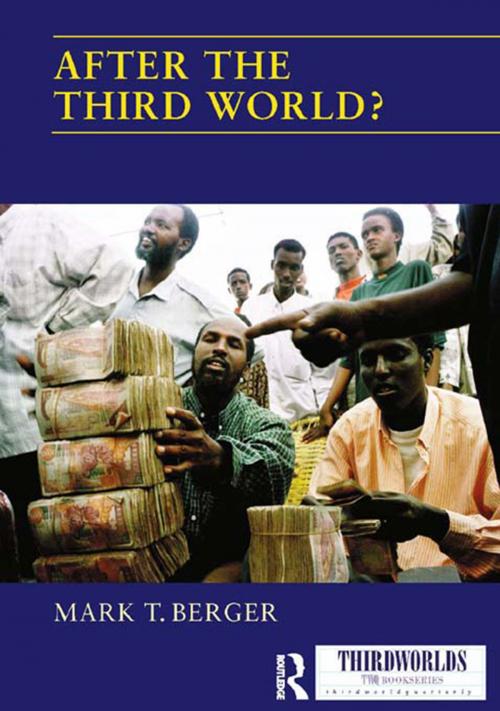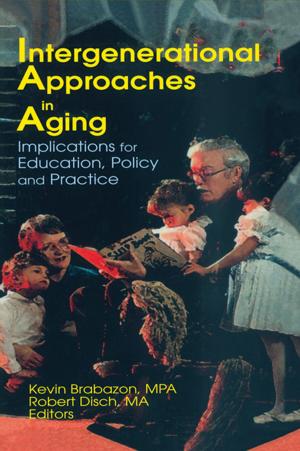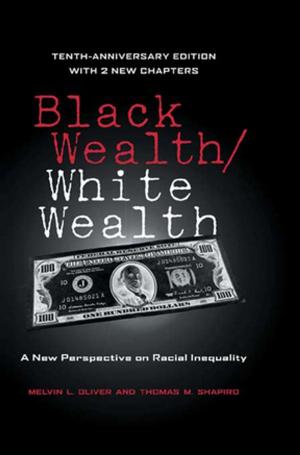| Author: | ISBN: | 9781317968290 | |
| Publisher: | Taylor and Francis | Publication: | October 18, 2013 |
| Imprint: | Routledge | Language: | English |
| Author: | |
| ISBN: | 9781317968290 |
| Publisher: | Taylor and Francis |
| Publication: | October 18, 2013 |
| Imprint: | Routledge |
| Language: | English |
The emergence of the 'Third World' is generally traced to onset of the Cold War and decolonization in the 1940s and 1950s. In the 1960s and 1970s the "three worlds of development" were central to the wider dynamics of the changing international order. By the 1980s, Third Worldism had peaked entering a period of dramatic decline that paralleled the end of the Cold War. Into the 21st century, the idea of a Third World and even the pursuit of some form of Third Worldism has continued to be advocated and debated. For some it has passed into history, and may never have had as much substance as it was credited with, while others seek to retain or recuperate the Third World and give Third Worldism contemporary relevance. Beginning with a comprehensive introduction this edited volume brings together a wide range of important contributions. Collectively they offer a powerful overview from a variety of angles of the history and contemporary significance of Third Worldism in international affairs. The question remains; did the Third World exist, what was it, does it still have intellectual and political purchase or do we live in a global era that can be described as After the Third World?
This book was previously published as a special issue of Third world Quarterly.
The emergence of the 'Third World' is generally traced to onset of the Cold War and decolonization in the 1940s and 1950s. In the 1960s and 1970s the "three worlds of development" were central to the wider dynamics of the changing international order. By the 1980s, Third Worldism had peaked entering a period of dramatic decline that paralleled the end of the Cold War. Into the 21st century, the idea of a Third World and even the pursuit of some form of Third Worldism has continued to be advocated and debated. For some it has passed into history, and may never have had as much substance as it was credited with, while others seek to retain or recuperate the Third World and give Third Worldism contemporary relevance. Beginning with a comprehensive introduction this edited volume brings together a wide range of important contributions. Collectively they offer a powerful overview from a variety of angles of the history and contemporary significance of Third Worldism in international affairs. The question remains; did the Third World exist, what was it, does it still have intellectual and political purchase or do we live in a global era that can be described as After the Third World?
This book was previously published as a special issue of Third world Quarterly.















